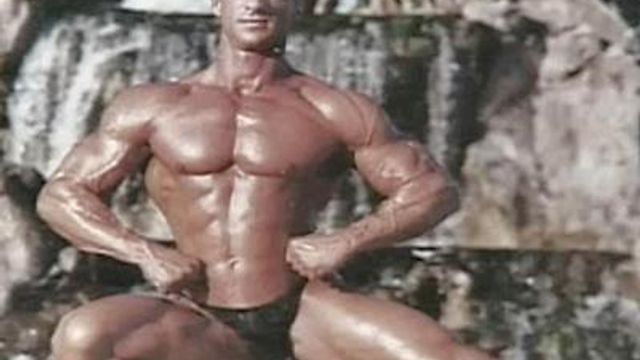Fitness Experts Show When Big Isn't Better
Weight training is a great way to get fit, but experts warn that for some, the fixation is becoming a dangerous obsession.
Posted — UpdatedWeight training can help people lose fat, gain muscle and strengthen the heart. But doctors warn that for some, getting big is becoming a dangerous obsession.
Personal trainer Jack Haber sculpted himself into a champion body builder in Miami. But as his muscles grew, he said, his desire became "an addiction," and before he knew it, his whole world was weightlifting.
"I was a reverse anorexic, because I had a fear of regressing, of losing size that I had built," Haber said.
Haber was suffering from what is popularly called bigorexia, formally named muscle dysmorphic disorder by psychiatrists. It's a body image problem similar to anorexia, but in this case, people with the condition see bigger as much better.
Bigorexia is becoming a growing problem as men and women strive for buffer bods, experts warn.
"It's believed that body dysmorphic disorder and muscle dysmorphic disorder are close cousins of an obsessive compulsive disorder," Dr. Eva Ritvo, with the University of Miami, who studies body image disorders.
Most people with the condition think they have a healthy habit, but fitness expert Ella Storm said in many cases, their perception of their bodybuilding fixation is unhealthy.
"It can lead to more serious substance abuse, such as anabolic steroids," Storm said.
Bigorexics can be treated with therapy, but the first step has to be recognition, Ritvo said.
"It's not that we want them to stop working out, but we want them to do that in the right balance, so it's really health promoting, instead of creating health risks," she said.
• Credits
Copyright 2024 by Capitol Broadcasting Company. All rights reserved. This material may not be published, broadcast, rewritten or redistributed.





